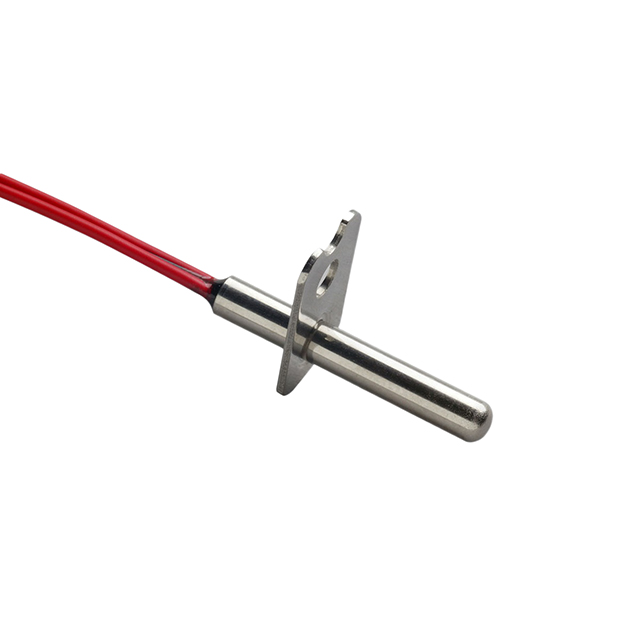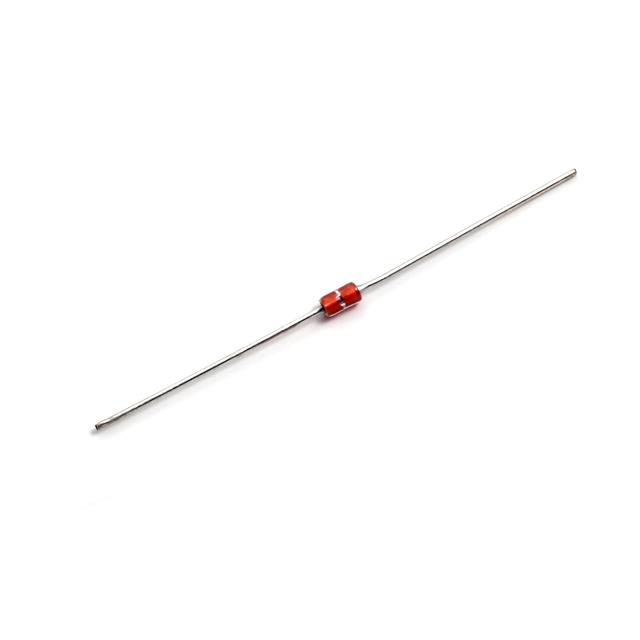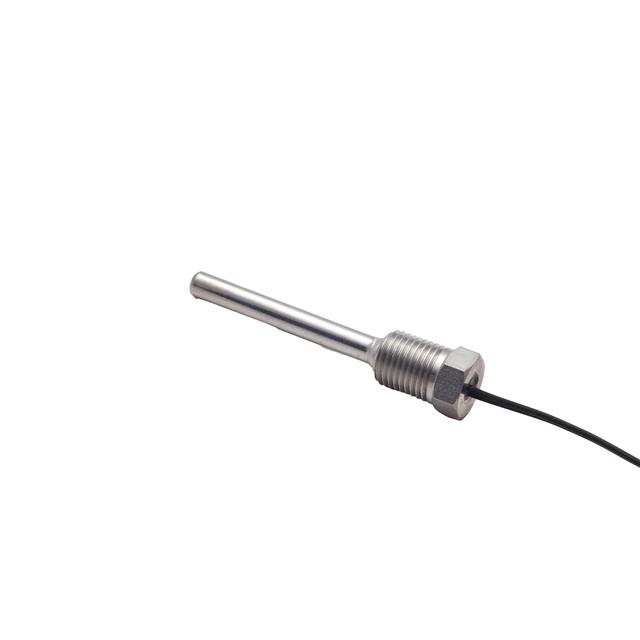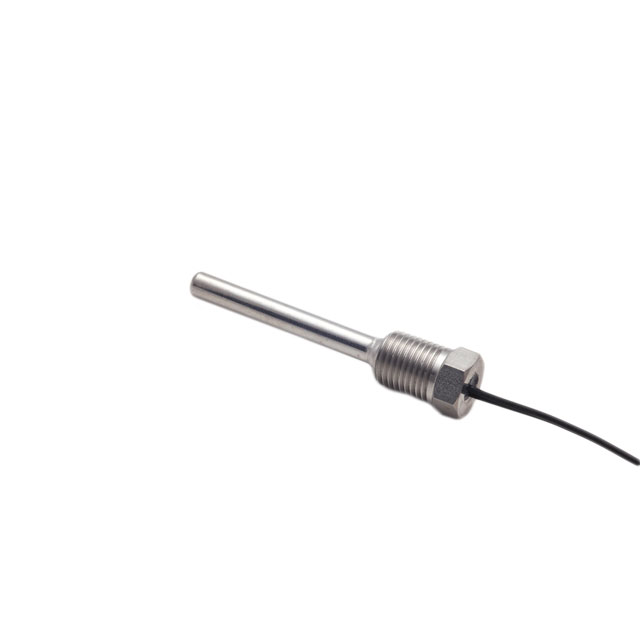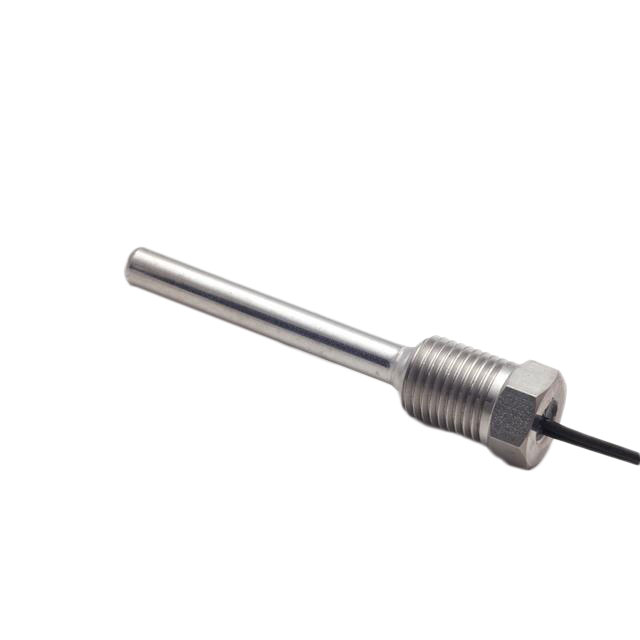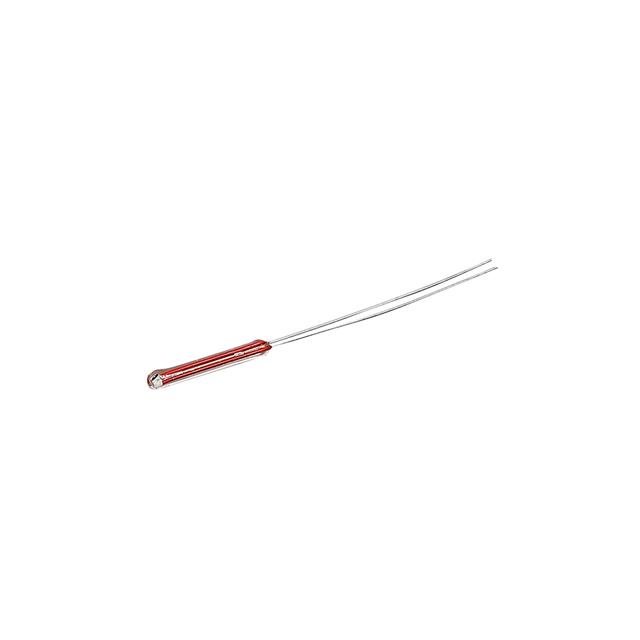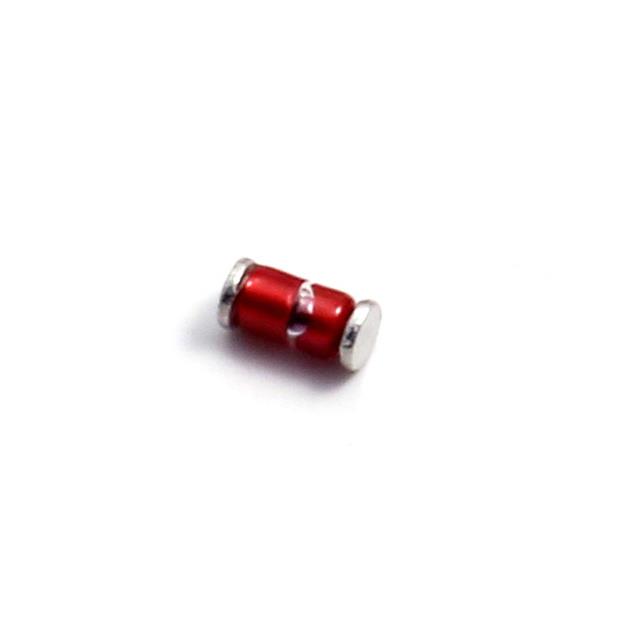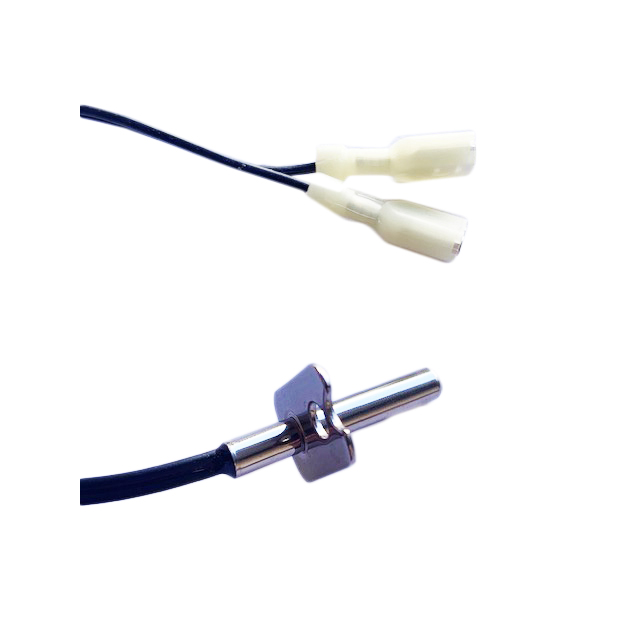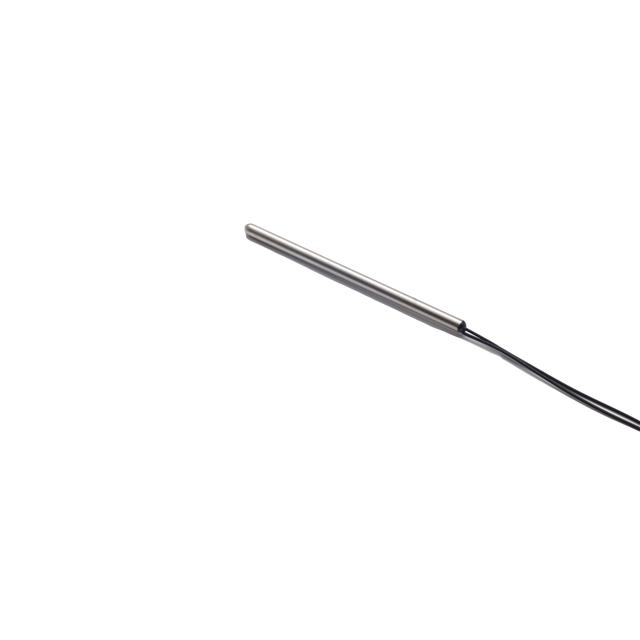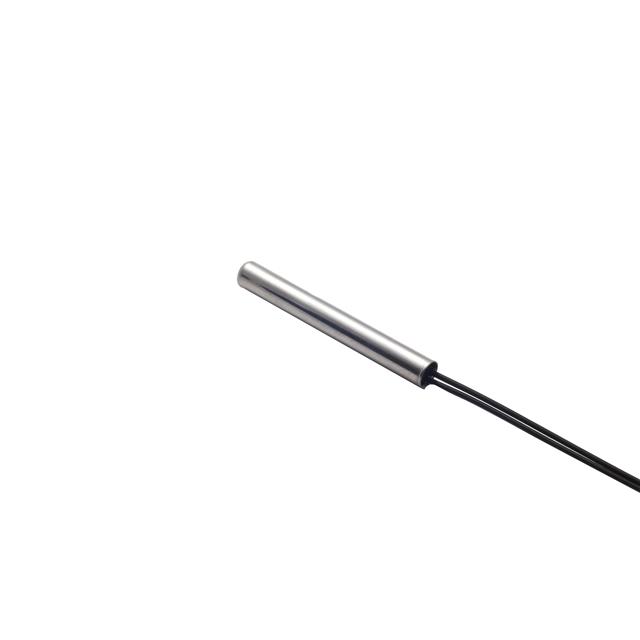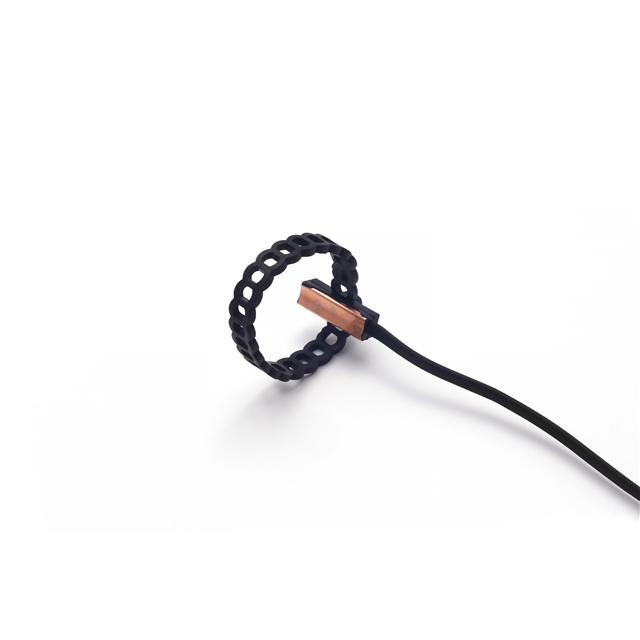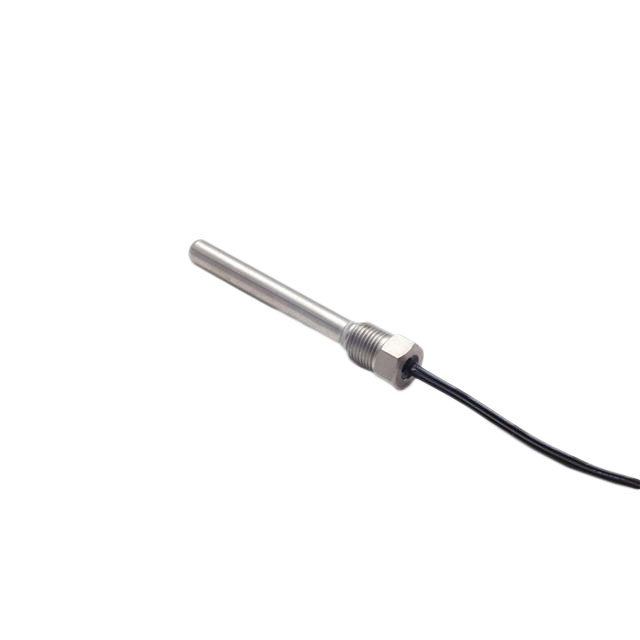Categories
- NTC Thermistors(85)
- 1
- 2
- 3
- 4
- 5
Description of NTC Thermistors
NTC thermistors, refered to Negative Temperature Coefficient thermistors, are components whose resistance decreases with an increase in temperature. Due to this characteristic, they are extensively uses for various purposes such as temperature measurement, temperature compensation, preventing overheating, and controlling surge currents. NTC thermistors exhibit higher resistance at lower temperatures, which gradually decreases as the temperature rises.
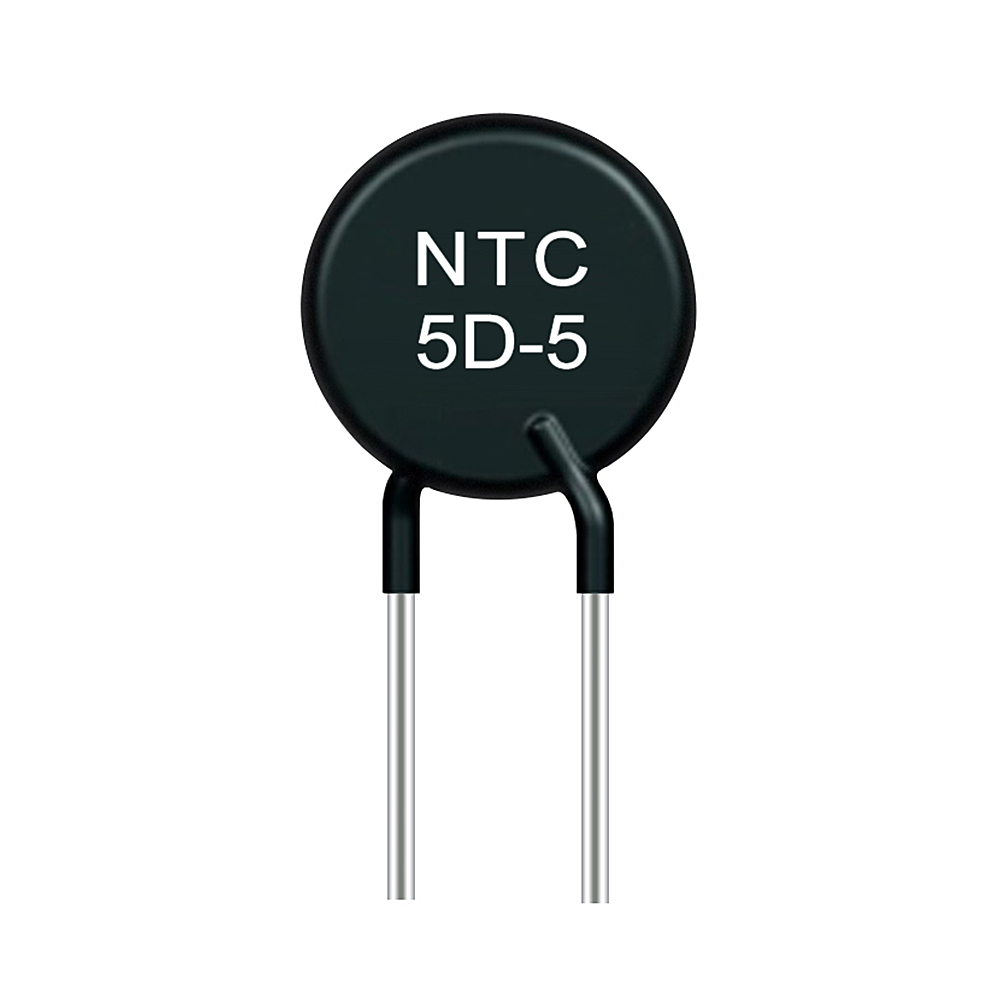
NTC thermistors
Working Principles of NTC Thermistors
NTC thermistors are temperature-sensitive resistor elements using semiconductor ceramics. In semiconductors, an increase in heat leads to a higher number of free electrons and holes. Consequently, the resistance of semiconductors decreases because the increase in the number of charge carriers outweighs the reduction in their movement speed caused by the vibration of the crystal lattice.
Furthermore, due to the narrow energy bandgap in semiconductors, applying external heat causes electrons in the valence band to transition to the conduction band, enabling electricity conduction. In conclusion, as the temperature rises, the resistance decreases.
Frequently Asked Questions
What causes NTC thermistor failure?
The primary reasons for such failures typically stem from mechanical separation between the resistor element and the lead material, which can be attributed to factors such as handling damage, excessive heat exposure and thermal mismatch. The second most prevalent failure mode involves a drift in the resistance value or a change in parameters as the thermistor ages.
What are the disadvantages of NTC thermistor?
One drawback of an NTC thermistor is that its output exhibits linearity only within a limited temperature range so it becomes non-linear across a broader temperature spectrum.
How to connect an NTC thermistor?
As the thermistor sensor functions as a resistor, the 2-wire sensor is polarity-insensitive, allowing you to connect either pin to the Analog Pin and the other pin to the Ground Pin interchangeably.







